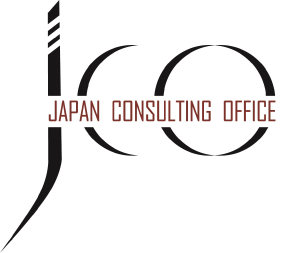Japanese culture and business culture is renowned for its emphasis on working in tight-knit groups.
In this article, we will look at Japanese office events and how you can draw inspiration from them for your own company, whether you aim to foster inter-cultural exchange or simply get to know your employees better.
1. Bōnenkai (Year-End Party) and Shinnenkai (New Year Party):
Bōnenkai and Shinnenkai (New Year party) hold significant importance within Japanese corporate culture. Bōnenkai usually takes place at the end of the year and is an event that brings employees together to bid farewell to the past year.
Shinnenkai, on the other hand, occurs at the beginning of the year, and is an event where employees exchange New Year’s greetings, share their aspirations for the upcoming year, and reinforce team unity. It should be noted that often companies choose to host only one of these events, due to their closeness in date.
2. Nomikai (Drinking Parties):
Nomikai are commonly known as drinking parties. These events form an integral part of the Japanese office culture. They serve as relaxed settings beyond the confines of work where team members can unwind and establish deeper connections. It also encourages employees to engage on a more personal level. Although these events have been deemphasized in recent years due to changes in working culture like remote work and also a growing demand to be able to get “home from work early”, these gatherings are still key to ensure teambuilding and information exchange.
Nowadays, consuming alcohol is not necessarily a “must” in modern Japanese companies as it is more about the time spent together.
3. Sōbetsukai (Welcome and Farewell Parties):
Welcoming new employees with a warm gathering and bidding farewell to departing colleagues are essential aspects of Japanese office culture. These events not only make newcomers feel welcomed and at ease but also ensure that departing team members leave with cherished memories and a sense of appreciation.
4. Hanami (Cherry Blossom Viewing):
Hanami is a traditional practice of appreciating cherry blossoms in spring while eating and drinking under the trees. A company employee will go early in the morning to reserve the best spot for the company. All employees will then join the party after work.
5. Undōkai (Sports Day):
Usually held in late summer or early autumn, undōkai is an annual sports day where employees participate in various team-building games and sports competitions. By organizing undōkai, companies promote a healthy work-life balance and create a fun and competitive atmosphere that strengthens teamwork.
As opposed to a more Western approach where the company should “stay out of the details of my health”, in Japan there is a legal obligation to monitor the well-being of one’s staff through various methods like regular health checks. In that sense, undōkai are part of this system.
If you are looking for ways to create a stronger sense of community, and improve team dynamics, why not organize one of those events at your company too?
To learn more about Japanese business culture and how to work Japanese colleagues and clients, why not join one of our open sessions!







